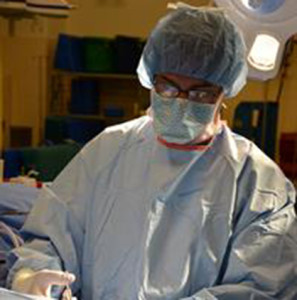Vet Checks- It’s Not a Simple Pass or Fail
 The Australia Veterinary Association
The Australia Veterinary Association
A pre-purchase examination is an important step for anyone who is about to purchase a horse. But, what happens if a veterinarian passes a horse during the examination and it later displays signs of a clinical condition which was undetected?
At the Equine Veterinarians Australia Bain Fallon conference this week, equine veterinarian Dr Bruce Bladon from the UK, shed some light on this issue and what purchaser and veterinarian need to be aware of when a pre-purchase examination is conducted.
“I have been employed as an expert witness, by the leading insurers for professional negligence claims in the UK. Although the details in each case are always unique, the story is the same and it’s unfortunately one I’ve seen all too often; a veterinarian completes a pre-purchase examination for an individual interested in purchasing a horse for competition purposes. The horse passes the examination but later develops a clinical condition that affects its performance. The purchaser tries to put through a claim with their insurer but when it fails, they then decide to sue the veterinarian who conducted the examination.
“It’s one of, if not the most, stressful experiences a veterinarian could ever face, Dr Bladon said.
When it comes to pre-purchase examinations, the veterinarian’s job is neither to pass nor fail a horse. Rather, it’s to provide the purchaser with information about existing medical problems and explain the possibility of future ones – especially in light of the horse’s intended use.
Dr Bladon says there are a few key things that equine vets should do when conducting pre-purchase examinations.
“The job of the veterinary surgeon when completing a pre-purchase examination is to communicate their findings to their client. Writing it down means you then have a permanent record of this, which may eliminate the possibility of miscommunication or misunderstanding and protects veterinarians should their examination ever be challenged in the future,” he said.
Dr Bladon also says that obtaining the full medical history of the horse being examined and gaining permission from the current owner to share it with the purchaser, is one the most important things a vet can do when conducting pre-purchase examinations.
“Vets should always have the most up-to-date medical records of the horse and permission to share it accurately with the purchaser. If permission to share it is denied, then it should sound alarm bells that something isn’t right and therefore the vet should decline to complete the examination. Legal cases I have been involved with often hinge around the vet’s previous knowledge of a horse, and the interpretation of this history, rather than the actual examination on the day.”










